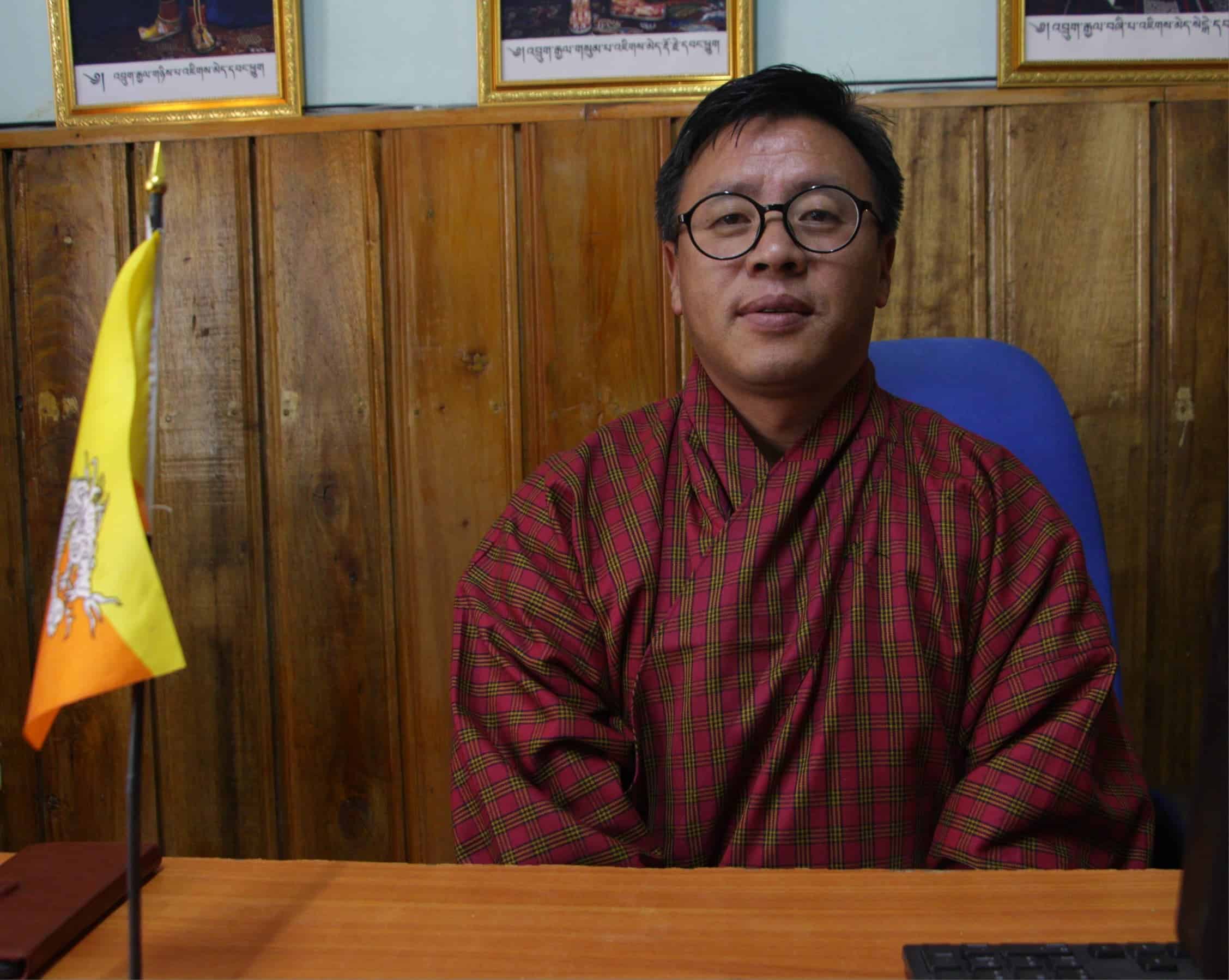The traditional way of politicians running tail to toe making unrealistic promises are already wearing down voters
A growing sense of disillusionment has gripped the general public as they voice deep-rooted mistrust in the pledges put forth by political parties, painting a bleak picture of an electorate weary of empty promises.
Amidst the ongoing political campaigns, citizens are expressing their skepticism towards the pledges made by political parties. “People do not trust the pledges of political parties much. Candidates are returning to making pledges that focus on basic development, including water and road improvements, among others, as a means to sway the voters, but parties often fail to fulfill even 30% of their commitments,” Lhadrup Dorji from Gawailing in Samdrupjongkhar told Business Bhutan over a telephonic conversation. However, he added that if the pledges are fulfilled as per their commitment, then people can trust them.
A farmer from Gangkhar in Trashiyangtse, Ugyen, acknowledged that political campaigns serve as a means to build trust and relationships between political parties and the people. “However, we know that most of the pledges they promise will not be fulfilled and only a negligible percentage of their commitment might materialize.” Ugyen expressed that while all the pledges made are realistic, she is not sure about their fulfillment.
A corporate employee said that in the realm of political campaigns, the primary aim is to sway voters rather than fulfill all promises stated in the party manifesto. “I think that political campaigns are focused more on influencing voters than delivering their manifestos, and I equally feel that some are achievable while others are not. But for people in villages, more unrealistic feeds fit well to garner voter support,” he said.
Some individuals also shared that political parties are witty and smart as they could reflect the needs of people in their manifesto, highlighting issues and points where the wants of people are included at the general level.
Tandin Wangdi from Monggar shared that almost all parties have similar pledges but differing in few instances. He said that the needs of the public shared during the consultation were noted and taken, but doubts whether what was being said might be fulfilled. He also understands that fulfilling all pledges may not be possible due to competing needs and priorities.
Another farmer from Trashigang, Rinzin Dema, shared that all the needs of people are included in the pledges of all the political parties. She said some parties have more pledges while others have fewer. However, she is concerned that some pledges may be against the interests of the nation.
A villager in Sipsu, Indra Kumar Rai shared a similar concern. He shared that initially all parties consult with people and promise to provide the entire requirement. “We have doubts about their ability to fulfill it or not,” he said.
A resident of Thimphu Wangcha Sangay said that all the pledges would be based on the needs of the communities as well as the people. “So far, most of the pledges made by the government parties have been fulfilled by over 90%, but in some cases there can be crossover authorities, so one needs to be careful.”
Citing an example, he said that he came across a video where Dasho Sonam Kinga of DNT talks about the conversion of wet fields to dry fields, which is not exactly in the hands of the political party but if approached intelligently, it is possible to fulfill those pledges too.
Meanwhile, one of the private employees shared that the political campaigns this time are more subdued than in the last elections, and even the debates are more cordial. “I feel the parties have matured in the last 15 years,” she reminisced.
However, he said that some of the pledges seem unrealistic, even not really necessary. “But elections are won by pledges in most cases, so it is expected that parties will compete to bring out the most appealing pledges to all sections of society.” He emphasized the importance of voting for a government that can adapt to both internal and external changes rather than making decisions solely on pledges.
There are a total of 496,836 eligible voters in the upcoming fourth National Assembly elections of which 242,094 are men and 254,742 are women. Of the total eligible voters, 125,949 have registered through postal ballot.
Nidup Lhamo from Thimphu
















